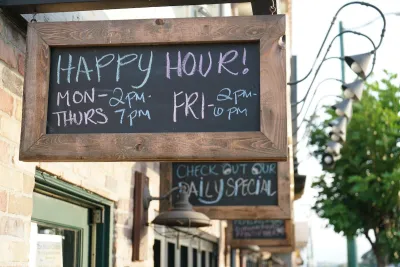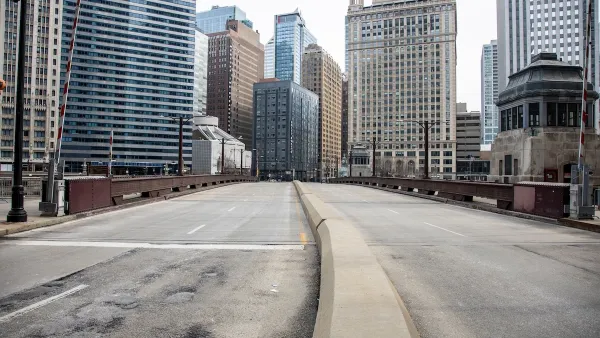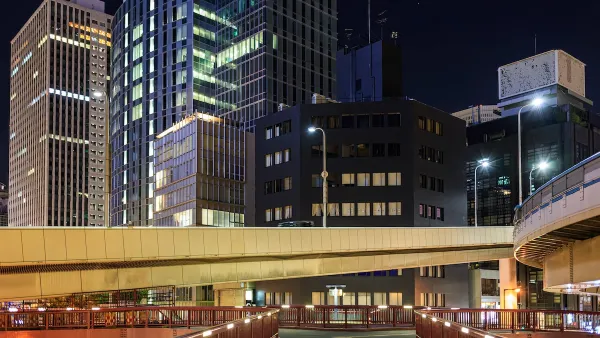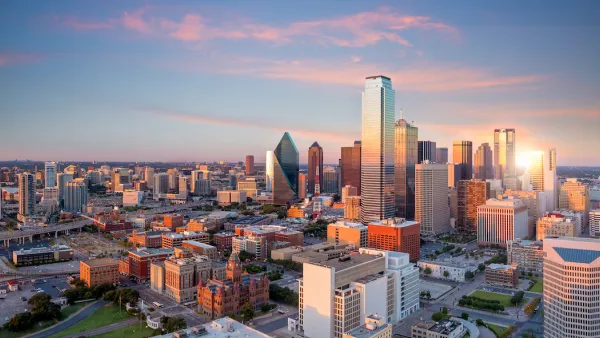More than 20 states have laws banning or limiting happy hours at bars and restaurants. Now, some are revisiting these regulations in an effort to boost commerce in struggling downtown districts.

Some states are reevaluating their restrictions on downtown happy hours at bars and restaurants in an attempt to bring more people — and money — back to floundering downtown economies.
According to a Route Fifty article by Kaitlyn Levinson, happy hours were banned or restricted in some states after a rash of high-profile drunk driving deaths in the 1980s. However, research has not borne out a connection between discounted alcohol hours and higher car crash rates.
Now, some states are looking to expand happy hours or reduce restrictions to encourage more business at downtown establishments. In Massachusetts, a proposal to overturn a 1984 law banning happy hours awaits passage from the state’s House of Representatives.
Some cities are also establishing outdoor drinking zones where people can walk around with alcoholic beverages. “The ‘sip and stroll’ model could even have a bigger economic impact than expanded happy hour laws,” Levinson writes.
FULL STORY: Can happy hour attract people downtown again?

National Parks Layoffs Will Cause Communities to Lose Billions
Thousands of essential park workers were laid off this week, just before the busy spring break season.

Retro-silient?: America’s First “Eco-burb,” The Woodlands Turns 50
A master-planned community north of Houston offers lessons on green infrastructure and resilient design, but falls short of its founder’s lofty affordability and walkability goals.

Delivering for America Plan Will Downgrade Mail Service in at Least 49.5 Percent of Zip Codes
Republican and Democrat lawmakers criticize the plan for its disproportionate negative impact on rural communities.

Test News Post 1
This is a summary

Test News Headline 46
Test for the image on the front page.

Balancing Bombs and Butterflies: How the National Guard Protects a Rare Species
The National Guard at Fort Indiantown Gap uses GIS technology and land management strategies to balance military training with conservation efforts, ensuring the survival of the rare eastern regal fritillary butterfly.
Urban Design for Planners 1: Software Tools
This six-course series explores essential urban design concepts using open source software and equips planners with the tools they need to participate fully in the urban design process.
Planning for Universal Design
Learn the tools for implementing Universal Design in planning regulations.
EMC Planning Group, Inc.
Planetizen
Planetizen
Mpact (formerly Rail~Volution)
Great Falls Development Authority, Inc.
HUDs Office of Policy Development and Research
NYU Wagner Graduate School of Public Service





























